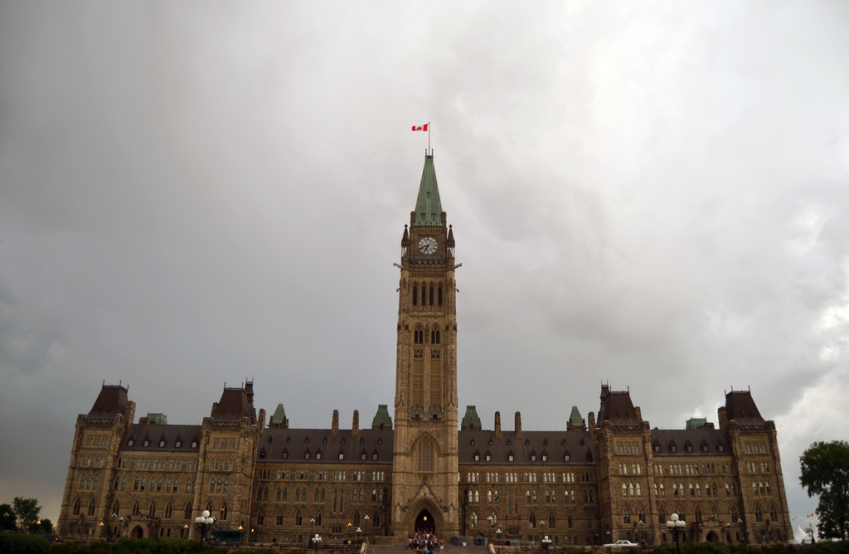By Dylan Thiessen (Contributor) – Email
Print Edition: July 15, 2015
 The fixed election date legislated by Stephen Harper’s Conservatives has a variety of implications. Here are five things you can watch for over the summer leading up to this year’s federal election:
The fixed election date legislated by Stephen Harper’s Conservatives has a variety of implications. Here are five things you can watch for over the summer leading up to this year’s federal election:
Fair Elections Act
The 2015 election will be the first to operate under the rules set out by Bill C-23, more commonly known as the Fair Elections Act. One of the biggest changes is that voters are not able to use their Voter ID cards as an acceptable piece of ID, which will effectively disenfranchise thousands of voters, many of whom are among demographics that historically have low turnout rates. A group, however, comprised of the Council of Canadians, the Canadian Federation of Students, and three individuals, have filed for an injunction, which would postpone the implementation of these rules until after the upcoming election. It is likely that they would then challenge the bill on constitutional grounds after the election.
Duffy trial
It is likely most of you have heard of Mike Duffy, the former Senator who is currently in court over a $90,172 cheque that was given to him by former Prime Minister’s office (PMO) chief of staff Nigel Wright to help cover up some questionable expense claims. The trial, which began on April 7 and has been going for over two months, is on hiatus until August 11, almost ensuring it will run into the campaign period if not the election itself. When the trial resumes, it will resume with a bang, as Nigel Wright is set to take the stand as a witness. It remains to be seen how the drawn-out trial will affect the Conservatives come October 19, but it is not likely to help.
Advent of Canadian PACs
The fixed election date means parties can begin campaigning well before the official campaign period, and this has led to a number of political action committees (PACs) more commonly seen in American politics. Unlike political parties, these organizations can receive donations from corporations or unions, and there is no limit on the amount of donations they can receive. Further, the donors list never has to be disclosed. So what does this mean? More attack ads, more secrecy about donations, and a serious blow to the integrity of Canadian democracy.
Polling
There are a variety of organizations that conduct polls on voting intention, and the best resource out there is ThreeHundredEight, run by Eric Grenier. He amalgamates all publicly available polls into a single poll to provide a succinct and more accurate picture of voter intention. Polls will only increase as the election draws nearer — just remember to take them with a grain of salt. Poll results can encourage or discourage supporters from a particular party to show up based on their results, and as we in BC know all too well, though they may be fun, they are not always accurate.
Electoral boundaries
The 2015 federal election will be the first to see 338 MPs elected — an increase of 30 from years prior, resulting in changes to over half of all riding boundaries. CBC noted that these different boundaries, with the 2011 vote count, would have created eight different results in ridings across the country, though the biggest difference in 2015 will not come as a result of the new boundaries. The addition of 30 new seats will make a majority government a more difficult feat, especially given the still-close three-way race between the Conservatives, NDPs, and Liberals.


